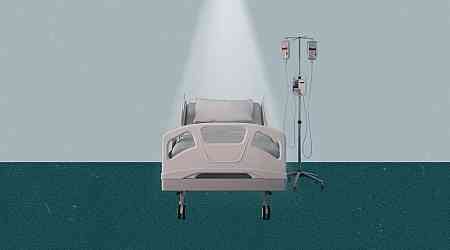
A landmark new study published in the Lancet estimates that antimicrobial resistant pathogens, or AMR, will kill more than 39 million people by 2050.
The study also predicts that 169 million deaths will be associated with drug-resistant infections by that year.
“These findings highlight that AMR has been a significant global health threat for decades and that this threat is growing,” said Mohsen Naghavi, a professor at the University of Washington’s Institute for Health Metrics and Evaluation and the study’s author.
[time-brightcove not-tgx=”true”]Read More: 25% of Antibiotic Prescriptions Are Unnecessary. Here’s Why That’s So Dangerous
AMR is becoming an especially large problem for the elderly. Adults above the age of 70 have experienced an over 80% increase in deaths attributed to AMR from 1990 to 2021, while deaths among children have decreased by more than 50%. All populations over the age of 25 experienced an increase in deaths attributable to antimicrobial resistance, the study found.
The Global Research on Antimicrobial Resistance (GRAM) Project carried out the study, which saw over 500 researchers collect and analyze data from 204 counties over a 30 year period, in what is the first global analysis of AMR trends. Based on that data, the researchers forecast that South Asia, Latin America, and the Caribbean will have the highest AMR mortality rates by 2050.
AMR occurs when microorganisms that cause disease such as bacteria, viruses, or fungi no longer respond to medicines used to treat them. Overuse and misuse of antimicrobials are the main drivers of AMR, according to the World Health Organization.
But millions of deaths could be averted via better prevention of infections, improved healthcare access, and new antibiotics, the GRAM study found.
The study’s results come ahead of a U.N. high-level meeting on AMR, which will convene in New York City on Sept. 24.


























